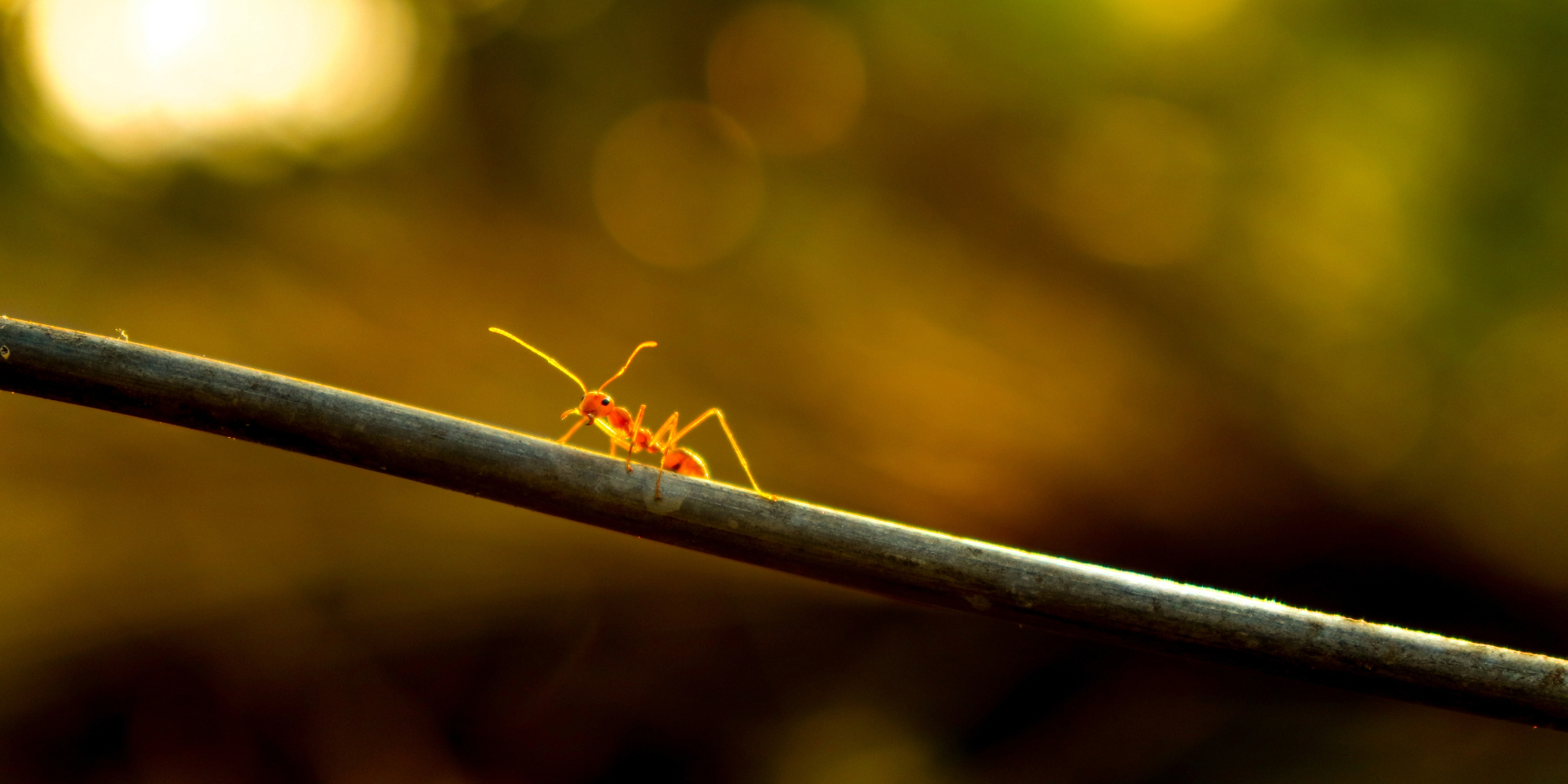Rudyard Kipling referred to ants in his famous poem, recommending these fragile creatures as a kind of didactic exhibit. What can one learn from ant colonies?
Commitment to work and order are apparent to anyone who wishes to observe them. It’s not entirely coincidental that even the Bible uses them as an example. However, the most surprising aspect is that ants lack a leader, yet they know how to function well in the absence of one.
There is much to be learned from how ants solve problems. Their way of behaving might offer innovative ideas for human-created systems and could even provide interesting lessons for human interaction, says Deborah Gordon, a biology professor at Stanford University.
The absent leader
An ant colony consists of numerous individuals that lack reproductive capabilities. These are the ones bustling about everywhere. The exception is the females with reproductive roles. People have become accustomed to calling them “queens,” but they actually have neither power nor authority. They merely lay eggs.
In the view of the American professor, the application of rules without the exercise of central control is fascinating. The secret lies in simple interactions. For instance, cells interact through chemical and electrical connections. In contrast, ants interact through scent. When one ant touches another with its antennae, it can assess whether the other ant is part of the nest and what tasks it has performed. This pattern of interaction generates the perfect behaviour of the entire system. For example, a neuron relies on recent experience of electrical stimuli to decide what commands to pass on. Similarly, an ant uses recent experience of interactions through antennae to decide how to act next.
The lessons
Understanding how ants organise their collective behaviour could assist us in comprehending other systems that operate similarly. In systems like ant colonies (regulated without a command centre), there is a synchronisation between the network and how interactions are employed. The latter helps build appropriate responses to constraints imposed by external factors.
One such constraint could be the stability of the environment, determining the likelihood of the system being affected or attacked. Security in ant colonies, much like in our own immune systems, operates collectively, in the sense that the colony’s scent is collectively defined by all the ants in the colony. During their “childhood,” any ant spends a great deal of time inside the colony, encountering only its fellow ants. It gets accustomed to the specific scent inside. Later, as they forage for food and encounter ants from another colony, the meeting might not be too friendly. Depending on how quickly ants identify an intruder, it determines how swiftly the entire system can adjust its own security.
In this context, it’s hard to talk about anarchy, even in the absence of central leadership. “The transition from chaos to order is an important mechanism, and the strategy behind it is more efficient than a Google search. These insects are undoubtedly more effective than Google in processing information about their environment,” says Professor Jurgen Kurths, the author of a study on ants.
Details
Ants have earned a reputation as extremely hardworking creatures. There’s an impression that a colony is bustling with life, with all individuals being active. However, a study published in the journal Insectes Sociaux revealed that within a colony, up to 60% of ants are “lazy,” not doing much. How does one explain this disconnect between perception and reality?
It must be said that “inactive” doesn’t necessarily mean “useless.” For instance, about males, one might say they are somewhat lazy, given that they never participate in tasks like food foraging, caring for offspring, or cleaning the nest. Their role is clearly defined: ensuring reproductive function. Similarly, there are ants in colonies that might easily be labelled “inactive,” but they are more accurately described as “ready to be utilised.” This means they expend less energy, helping the colony conserve resources by mobilising only the necessary number of workers needed for each task.
Another lesson for human beings can be derived from this. A colony knows how to metre its resources so that depletion doesn’t become a vulnerability of the collective. In other words, ants have the capacity not just to act collectively but also to plan collectively, all without the presence of a Big Brother-type leader.



















